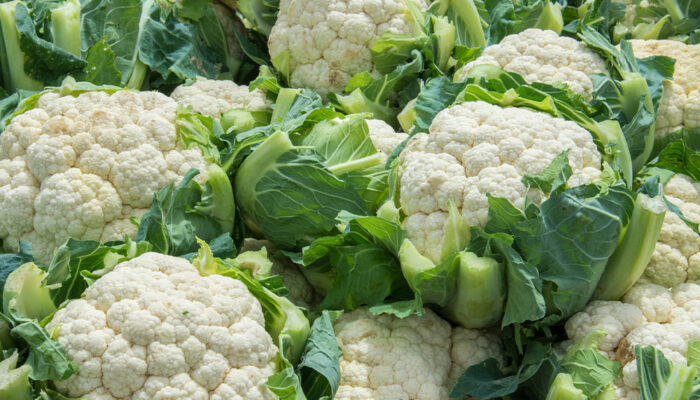
health
Top 10 superfoods that help maintain optimal health
Have you been feeling tired, bloated, or struggling to concentrate lately? If so, it may be time to review your daily food intake and add some of the most nutritious superfoods. These nutrient-dense foods are combinations of vitamins, minerals, and other compounds that provide substantial health benefits. Incorporating these powerhouses into your meals can help boost energy levels while promoting overall well-being. Keep reading to learn about superfoods you can easily add to your meals. Best superfoods for optimal health Blueberries Blueberries have antioxidants that protect your body from damage caused by harmful unstable molecules called free radicals. They also contain fiber and vitamin C, reducing inflammation. Blend some blueberries into your breakfast smoothie for sustained energy throughout the day. Kale Kale is a leafy green vegetable with high vitamins A, C, and K and calcium and iron. It is one of the top superfoods for optimal health and is rich in antioxidants and fiber, helping digestion. Salmon Salmon contains omega-3 fatty acids, helping heart health. It is also high in protein and vitamin D, promoting the overall growth of body parts. Almonds Almonds are high in healthy fats, fiber, and protein. They are also a good vitamin E, magnesium, and potassium source.
Read More 








